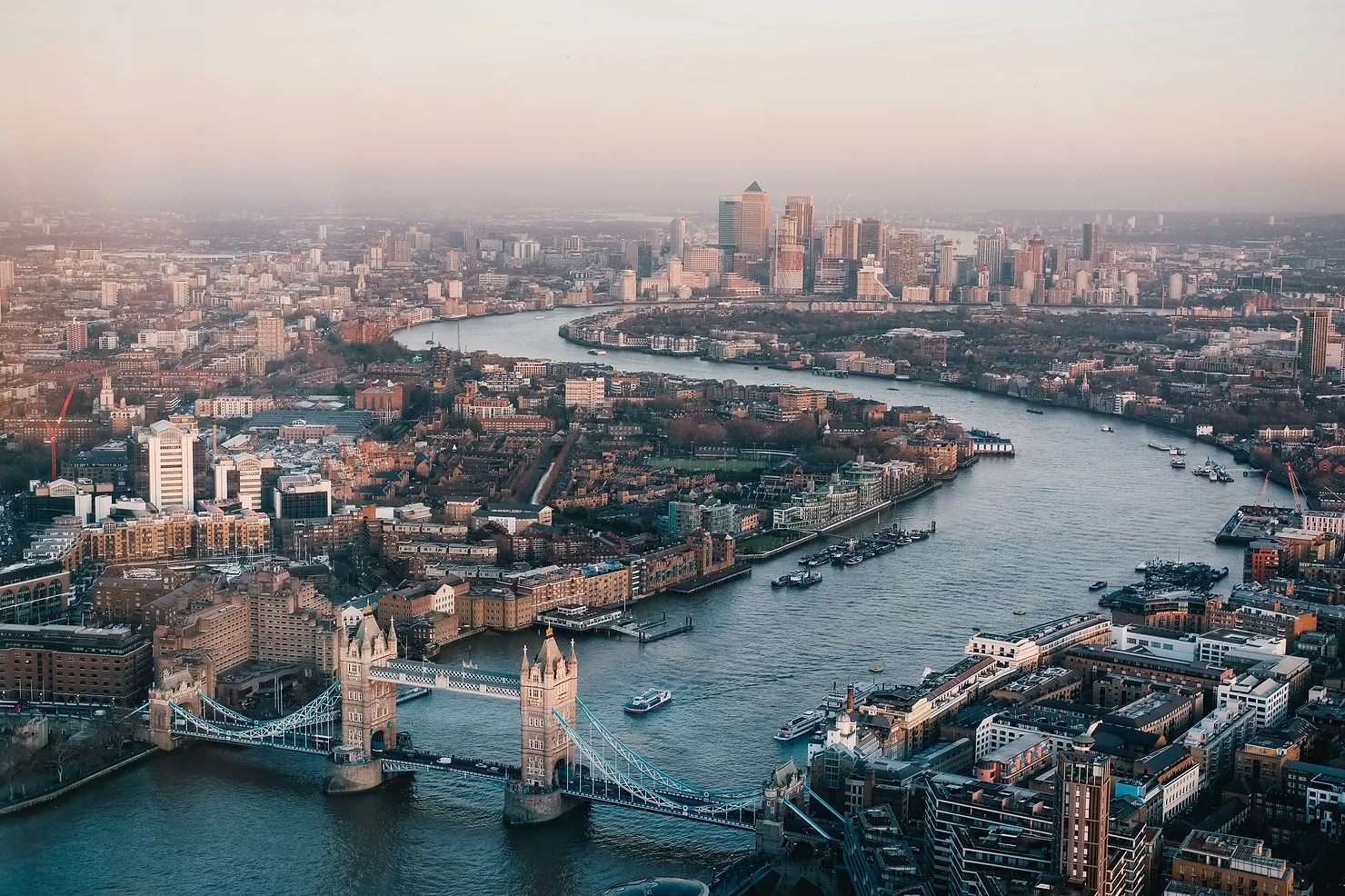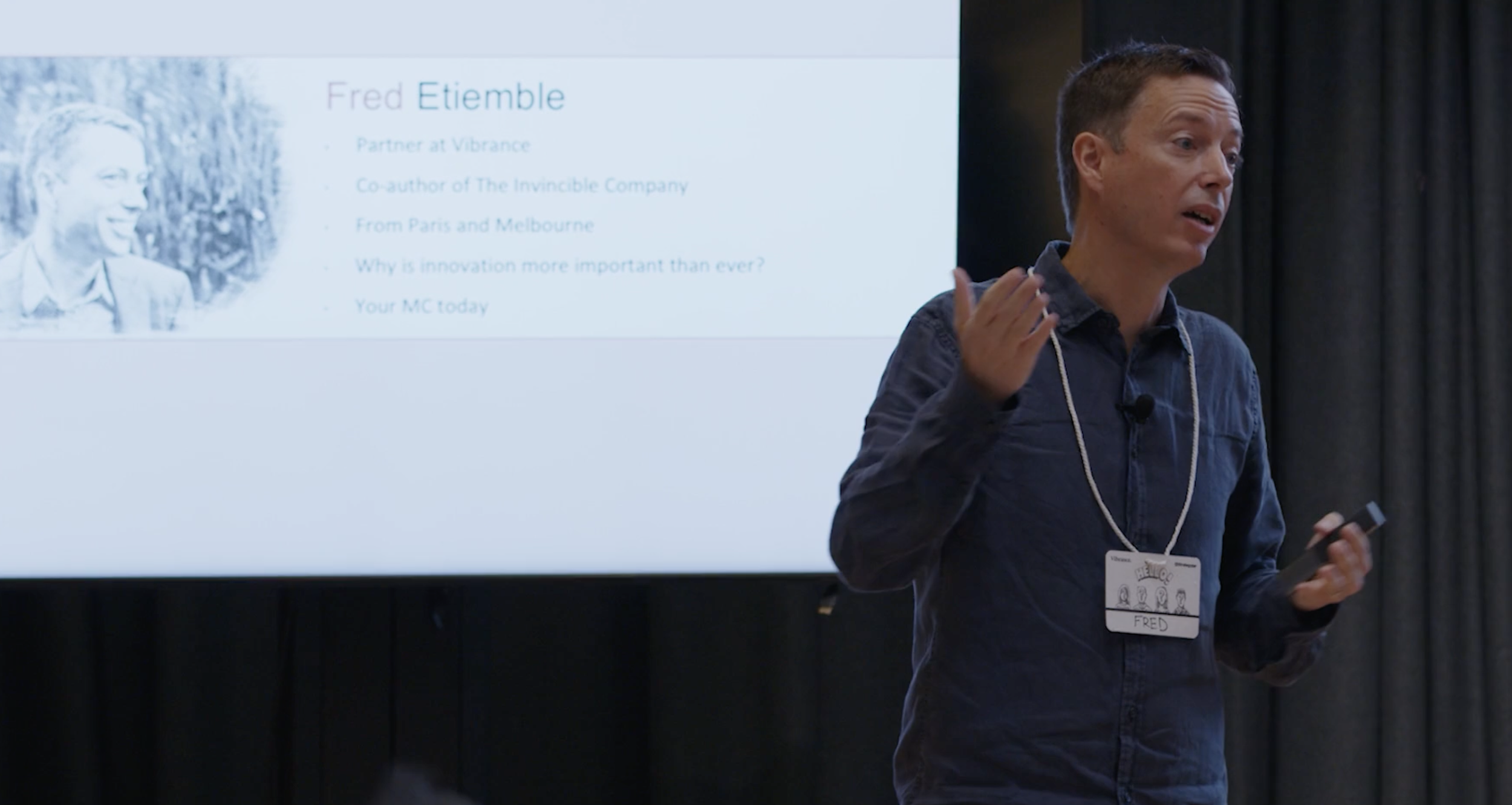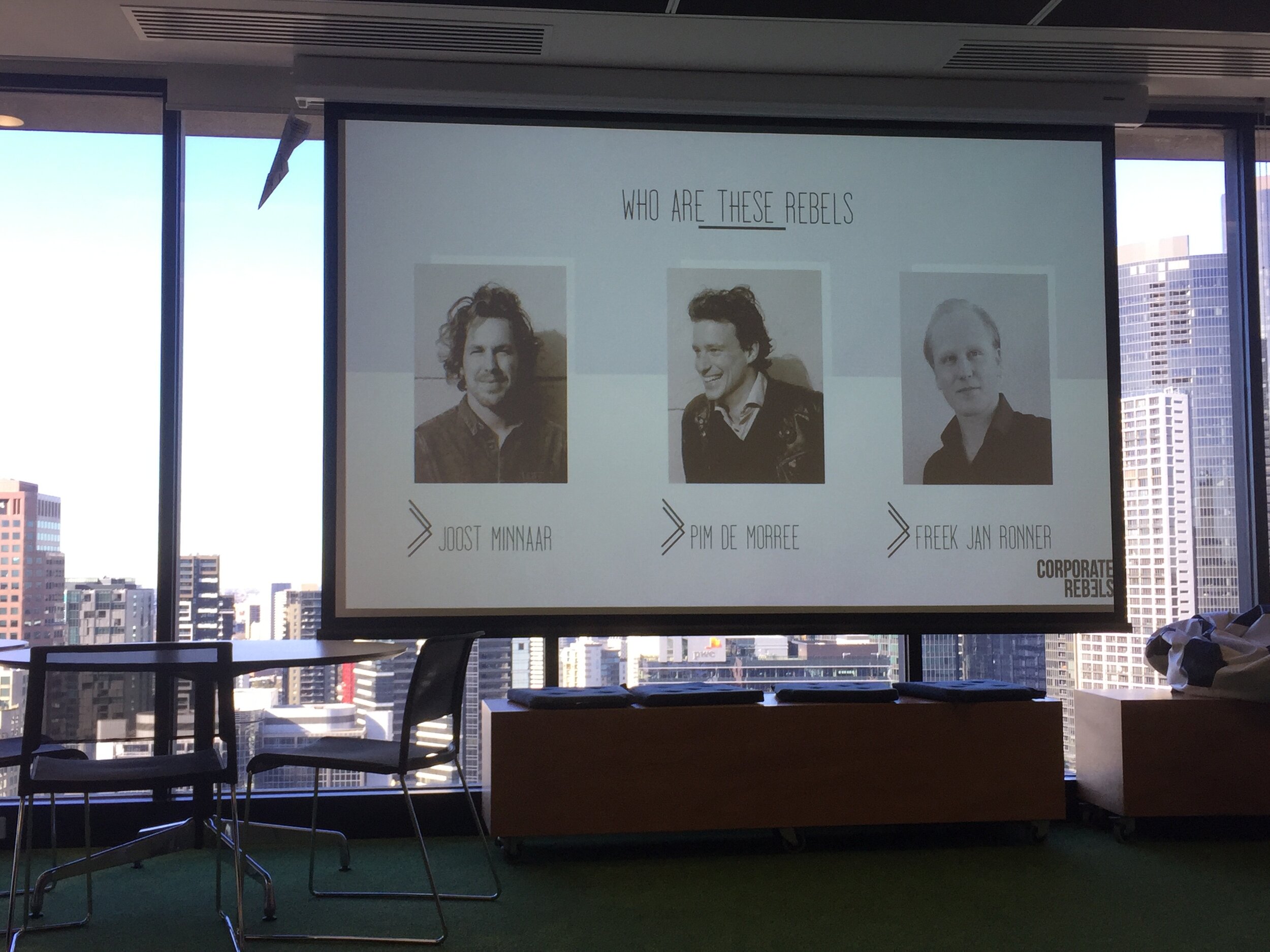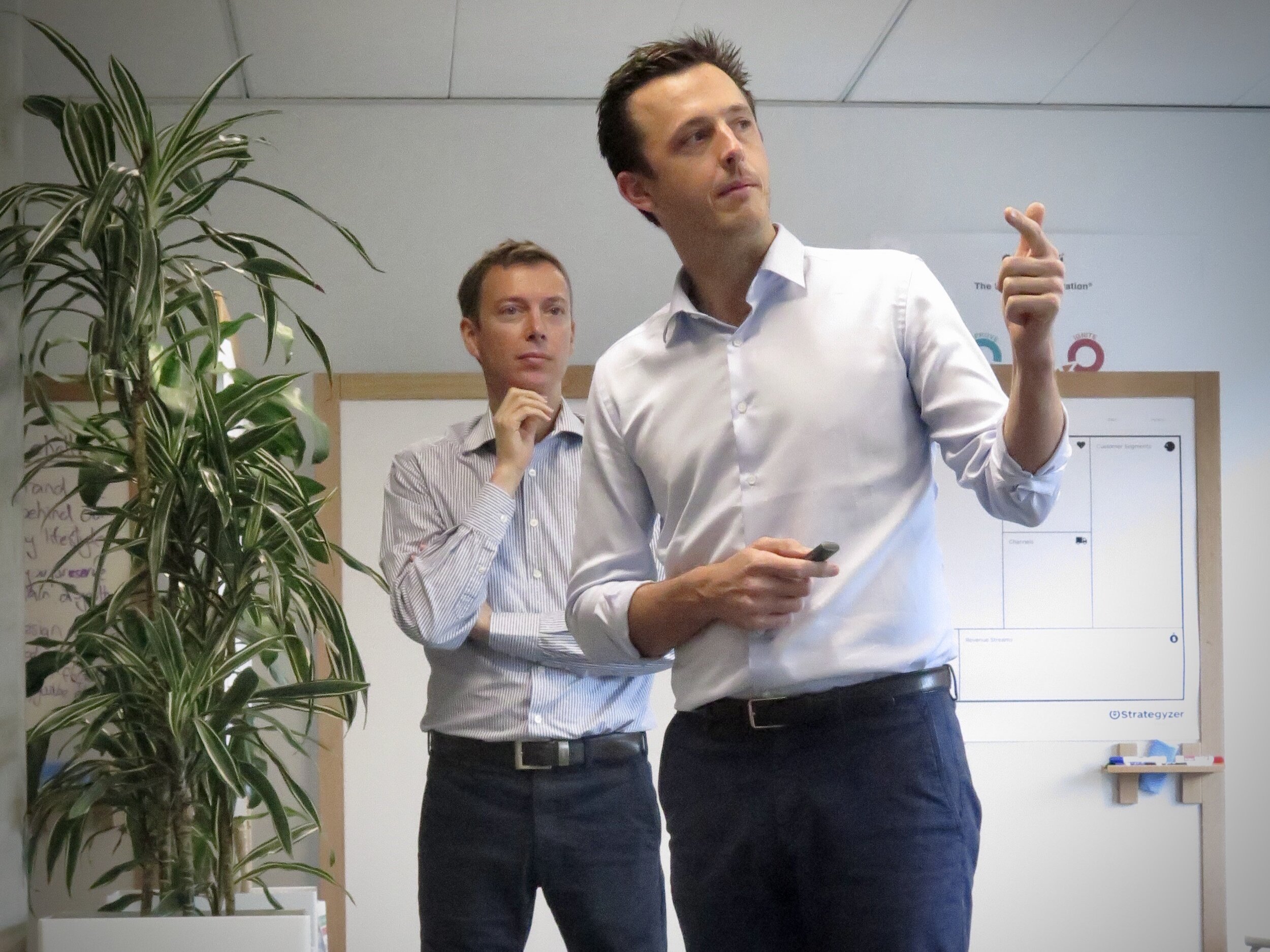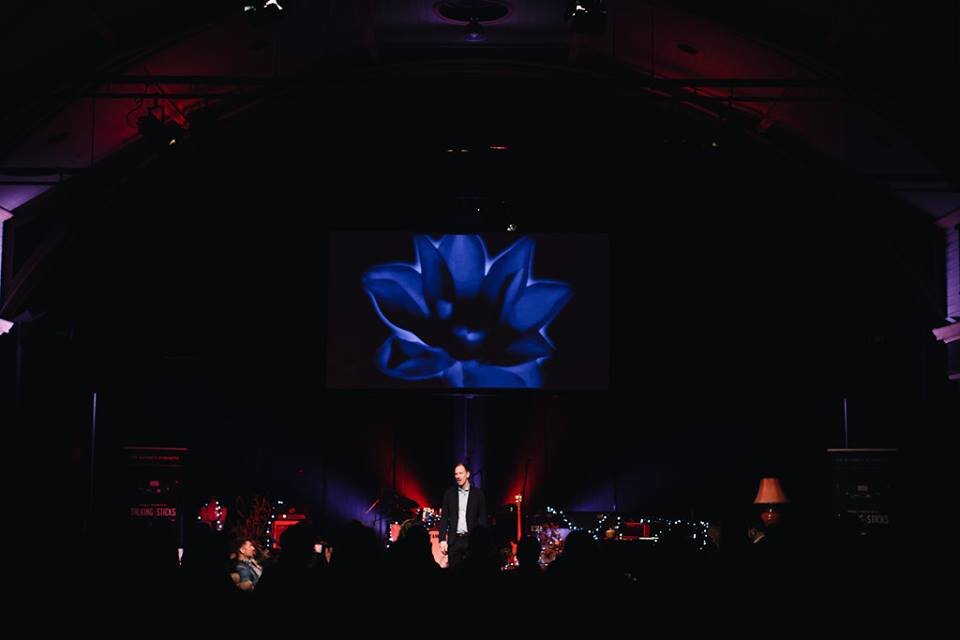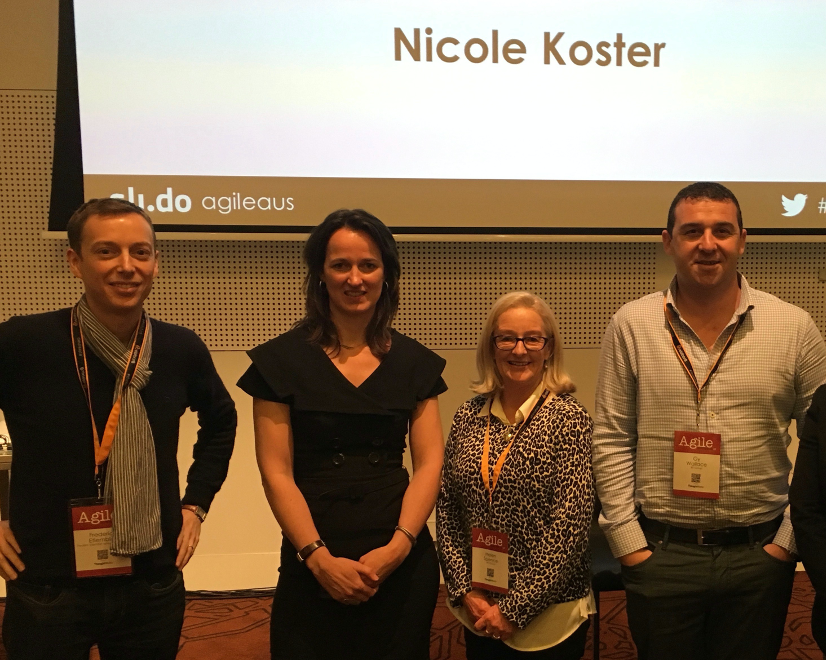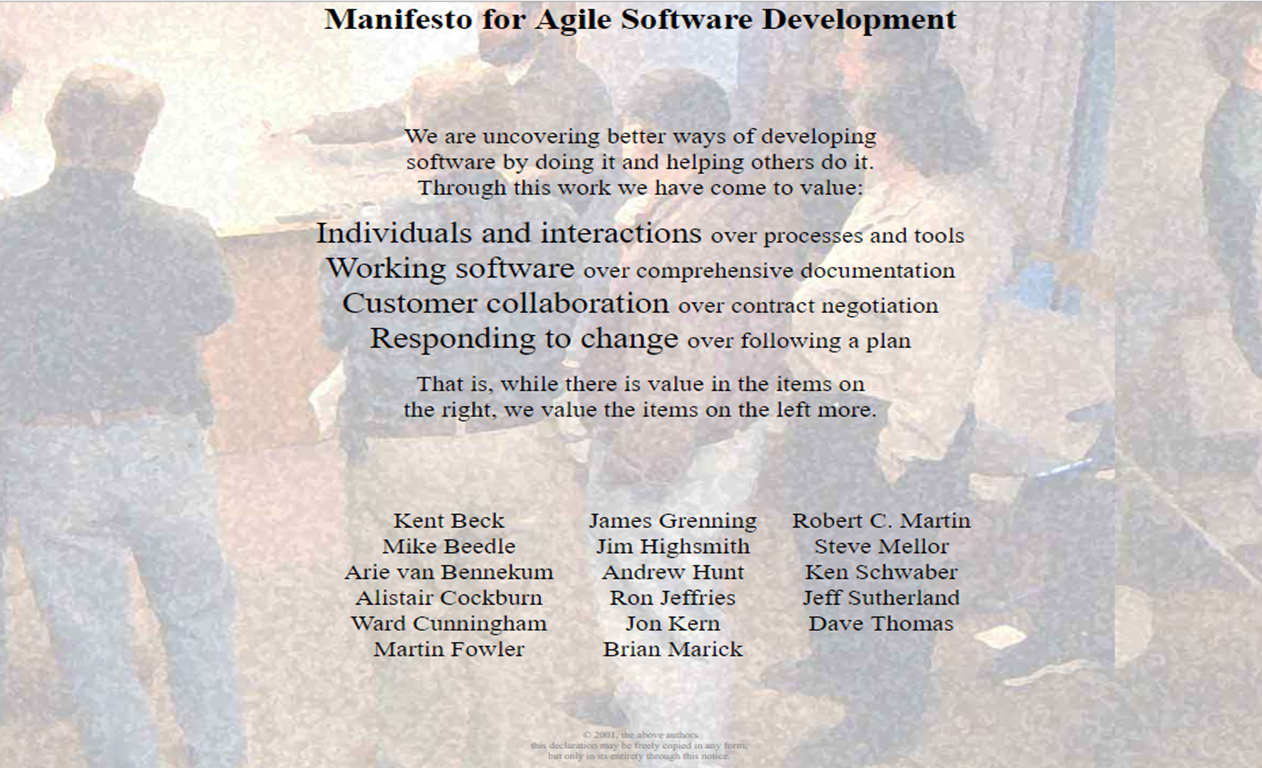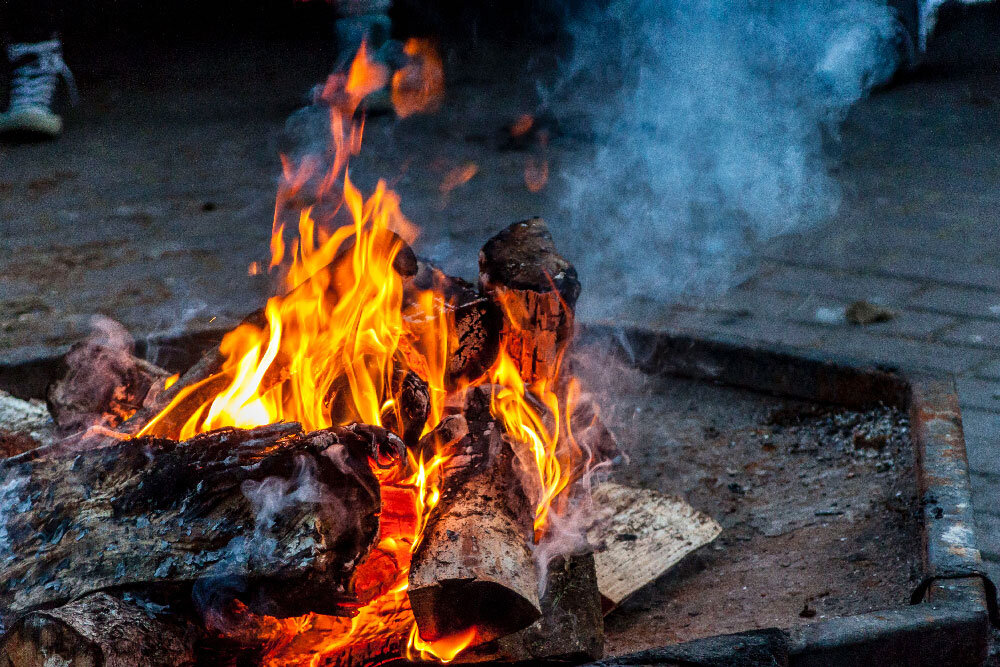What the 2023 Thinkers50 Rankings and Gala Event reveal about the World... of Management Thinking
One of the perks of business travel is that it occasionally leads you to the right place at the right time. On a trip to Europe in early November, I found myself attending the Thinkers50 gala in London to cheer on my colleagues, co-authors, and friends Greg Bernarda, Alex Osterwalder, and Yves Pigneur.
Two years prior, in the preceding Thinkers50 gala, our work on The Invincible Company earned my co-authors and I a spot on the shortlist for a Strategy award. I recounted that experience in a blog post. However, the 2021 gala unfolded virtually due to the lingering effects of Covid-19.
Fast forward to the present, and my friend and mentor Greg Bernarda has been shortlisted for a Thinkers50 Strategy Award. Meanwhile, my co-authors Alex Osterwalder and Yves Pigneur, ranked #4 globally in 2021, are vying for a new ranking in 2023.
Here's a brief report on my perceptions, feelings, and reflections from the event.
What’s most important in the world of Thinkers50
A strong congruence unfolded between the agenda, the 1.5-day experience, and the announced rankings. It seems that the motto "Be the change you want to see in the world" has been embraced by Thinkers50, focusing on three pivotal topics.
Diversity, Equity, and Inclusion (DEI)
For the first time, there were more women than men on the agenda, a trend mirrored in the 2023 Thinkers50 rankings. Noteworthy panels and mentions of DEI throughout the event highlighted its significance. And – oh surprise - despite the increase in female speakers, the audience was engaged, vital topics were covered, and the world did not come to an end!
Sustainability
The resounding answer to whether the management thinking community should care about sustainability was punctuated by awarding the #3 spot on the Thinkers50 ranking to Andrew Winston and Paul Polman for their activism and work on Net Positive. The prime-time slot for the sustainability panel underscored its importance and I’ll never forget Andrew's tactic of "bringing your kids to work" as a successful means to shift executive perspectives on sustainability.
Community
A palpable sense of community pervaded the room, with people deriving pleasure from being together. I for one enjoyed the experience of meeting new people and also spending time with the French-speaking tribe present at the event. This community spirit extended beyond the event, emphasizing a desire to have a positive impact on the broader community. The transformative potential of leadership knowledge in high schools was spotlighted by Julie Carrier, illustrating the outward-focused nature of this community spirit.
What’s important, but not quite as important for Thinkers50
AI
Despite being an existential threat and opportunity in our current world, AI took a backseat to DEI, sustainability, and community. Still, the panel discussion between Martin Lindstrom, Sinan Aral, and Kate O’Neil was the most thought-provoking of the event. Panelists highlighted that some groups of people now have information sets that are no longer overlapping at all. With common knowledge as a pre-requisite for human collaboration, panellists asked
“How are we going to solve global crises when we are disintegrating common knowledge?”
Innovation
While undeniably important, innovation seemed to take a step back in the spotlight this year. Despite boasting six heavyweights in strategy and innovation within the Top 10 ranking, it didn't emerge as the paramount focus. This aligns with my observation of market trends over the past 12 months, suggesting that while innovation remains crucial, it no longer commands the forefront. Nevertheless, innovation thought leaders retain a critical role, guiding organisations away from short-term thinking. As Scott Anthony reiterated,
"The best way to improve short-term profits is to focus on the long-term."
Questioning the Status Quo
The intent of the event was to re-Connect, re-Think, re-Set. So, there was a formal invitation for thinkers to question things. Hal Gregersen asked panelists
“How can we be good ancestors?”
Megan Reitz asked the audience to question the pathological busyness in organisations. Rita McGrath invited us to question “untested assumptions taken as facts” or face the consequences. Still, the questioning of the status quo felt somewhat polite. The irony of challenging the status quo amidst the opulence of the Guildhall in London mirrored dynamics at events like Davos, as noted by Greg Bernarda
“The status quo doesn’t feel that bad when you’re drinking champagne with colleagues and friends surrounded by the majestic Swiss mountains.”
What’s not as important for Thinkers50 yet
Higher Purpose and Meaning
With a growing sense that we are at the end of a cycle, the purpose of organisations and the meaning of work in the future deserve more attention. Many employees in large organizations feel stuck in the abattoirs of the human soul and suffer in silence. In my home country of France, most people hate their job so much that the mere thought of having to work two more years before retirement brought them to the streets in 2022. There must be a better way. And I’m curious to hear more on these topics from the Thinkers50 and the management thinking community.
The World Outside the US and China
Mid-way through the afternoon of day 1 I asked my neighbour if London was in the United States. It was meant as a joke but there is some truth to the fact that management thinking remains predominantly US-centric, with the latest Thinkers50 ranking showing 33 American recipients. I’m not convinced that the change we want to see in society and business will come from the US so exploring ideas outside the US, articulated in languages other than English, could bring valuable perspectives.
Thinking inside the Conference Room
While the Thinkers50 event fostered a strong sense of community, the recurring use of panels sometimes hindered access to ideas with real depth. I don’t have a solution to offer on how to improve access to ideas inside the conference room, unfortunately. But outside the conference room, it’s obvious that other formats, such as books, podcasts, and videos better serve the brilliant ideas that led to the selection of these thinkers.
In essence, the Thinkers50 gala and rankings underscore a paradigm shift, prioritising diversity, sustainability, and delivering real impact to the wider community with management thinking. While focusing on those topics meant giving less light to others, kudos to Des Dearlove, Stuart Crainer, and Monika Kosman in the Thinkers50 team for taking a stand and being “the change they want to see in the world” with this event and new rankings.
One last insight that resonated with me on my journey back to Australia was Rahaf Harfoush’s comment that
'Work devotion is often a signal that people give to show they deserve their success.'
I can observe many people around me to whom this would apply. It reminded me that the individuals processing those big ideas are often grappling with their own self-awareness and development journey. In the end, none of those grand ideas will change the world unless we seamlessly integrate them into these individual journeys. This presents the next challenge for Thinkers50, Vibrance, and all of us.




